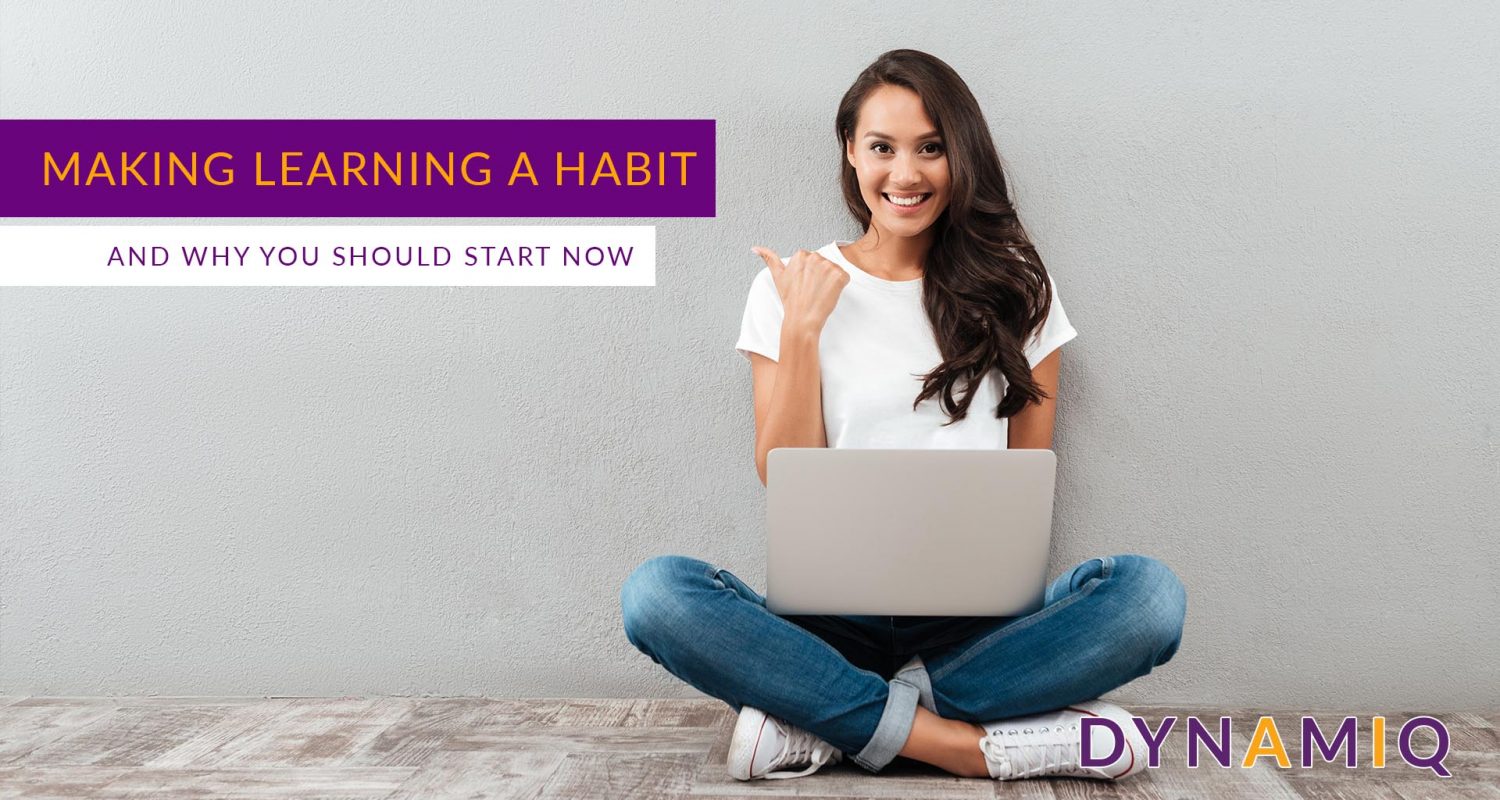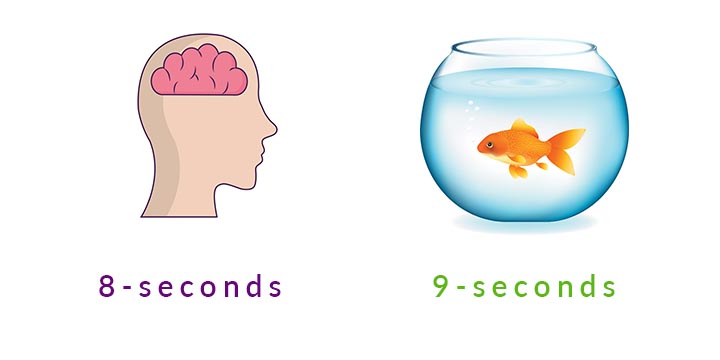Blog: Making Learning a Habit by Heather Codling and Rob Cao
There’s never a bad time to be learning something new – not because you are not allowed to go out and socialise (it’s January 2021 – you know what that means), but it might just be good for you.
There have been many studies about how it’s good to stretch the brain, keeping it active. Though the brain isn’t a muscle, if you stop using it (as with muscles) it will slow down and eventually give up working.
By trying new things, you are giving your brain a workout. It needs its own exercise regime.
Back in 2014 the NHS recorded that “Learning a second language can have a positive effect on the brain”. The study was carried out by researchers from the University of Edinburgh and was funded by Age UK. It found that participants who spoke two or more languages tended to perform better in intelligence tests than people who only spoke English.
The researchers looked at a group of 853 people who had been given intelligence tests in 1947 at the age of 11 and were then retested when they were in their 70s. They were asked if they had learned any additional languages and, if so, when they had acquired the language and how often they used it. This backed up findings from earlier studies. However, it did give rise to some sensational newspaper headlines: “extra languages can help prevent dementia”.
Learning new skills can help you to adapt to changing and challenging situations – and with all the change going on our lifestyle currently – you need to stay nimble so you can react quickly. Has your job or role changed? Are you having to adapt to new ways of working?
The average attention span of a human vs. goldfish:
Benefits of continual learning can include:
– increasing your attention span and productivity
– giving us much broader insights and perspective on our everyday lives
– helping us to adapt more readily and easily to new situations.
– feeding innovation by inspiring us to think creatively
– deepening our character
– empowering us with greater knowledge and confidence
– giving us a better understanding of social, historical and natural contexts and how our actions impact others
– compassion, empathy, EQ (emotional awareness and intelligence) – okay maybe not always, but certainly often!
How our brains change whilst we are mastering a new skill, whether this is a sport, a musical instrument, or almost anything else, takes time and training.
According to Diversional Therapist Margie Kannard, with a leading private healthcare company; while it is understood that a healthy brain is capable of learning new skills, and as such are easier the younger you are, your brain is still able to grow and improve its neural functions as you age.
Keeping your brain active through learning something challenging continues to improve your brain’s speed and ability to process.
Updating your skills can bring other social benefits too, for instance meeting and spending time with interesting and like-minded people. This also brings you new perspectives on the world around you, and you can see things with a new or enlightened perspective.
Ways to learning better:
– learn in short sharp bursts – research has shown that we can only maintain optimal performance and interest for a maximum of 20-minutes. So learning in short periods can be more effective – little and often
– learn regularly – make it a habit and keep that motor running and your brain will find it easier to retain information
– share your learnings – sharing is caring. It will also give you the opportunity to embed your learnings while discussing them with others
– use the resources available to you – there’s plenty of resources that are free! Want to know something? Use Google. Want to know how to do something? Use YouTube.
– know how you learn best – learn the way that works for you whether its reading, listening, watching or doing
– learn with others – because life is better when together (whether it’s in person or on Zoom)!
Work doesn’t have to be the only motivator for educating yourself – though that can of course help you progress your career.
But to become a well-rounded individual; other things may interest you.
How about a cookery course (are you next year’s star baker), or perhaps you’ve always wanted to learn wood carving – working with your hands can be therapeutic if you spend most of your day in an office.
Maybe you just want to learn how to do ‘keepy-uppies’ in the back garden (you’ll definitely find instructions on the internet).
It’s all good for the soul and that sense of achievement being able to wow your family and/or friends with your new skill – besides, who doesn’t like freshly made bread?
Best of all, learning a new skill or activity can actually be fun.
Go on give it a try.



